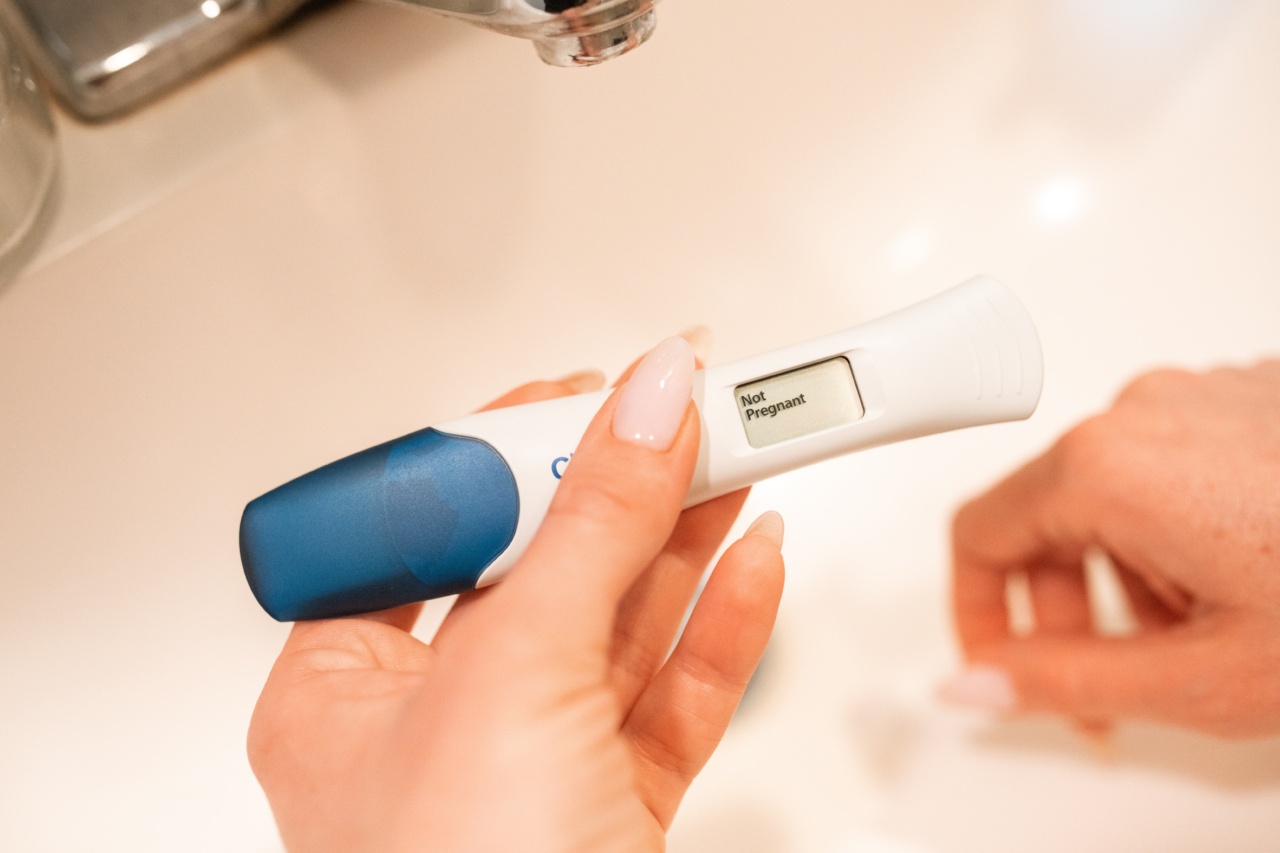High blood pressure, also known as hypertension, is a common health condition that affects millions of people worldwide.
It is often referred to as the “silent killer” because it usually has no symptoms but can lead to serious health complications if left untreated. Fortunately, there are several easy and effective ways to lower your blood pressure and maintain a healthy cardiovascular system. In this article, we will discuss ten simple strategies that can help you manage your blood pressure levels.
1. Maintain a Healthy Weight
One of the most effective ways to lower your blood pressure is to maintain a healthy weight. Studies have shown that being overweight or obese increases the risk of hypertension.
Excess weight puts additional strain on your heart, leading to higher blood pressure. By losing weight, even a small amount, you can significantly reduce your blood pressure levels.
2. Follow a Balanced Diet
Diet plays a crucial role in controlling blood pressure. It is recommended to follow a balanced diet that includes plenty of fruits, vegetables, whole grains, and lean proteins.
Avoid processed foods, saturated fats, and excessive salt intake as they can raise blood pressure. Incorporating foods rich in potassium, such as bananas, spinach, and avocados, can be beneficial in lowering blood pressure.
3. Limit Sodium Intake
Reducing sodium intake is an essential step towards lowering blood pressure. High sodium levels in the diet can lead to fluid retention, which increases blood pressure.
Avoid adding salt to your food and limit the consumption of processed and packaged foods, which are usually high in sodium. Reading food labels can help you make healthier choices and select low-sodium alternatives.
4. Engage in Regular Physical Activity
Regular physical activity is not only beneficial for overall health but also helps in managing blood pressure. Engaging in moderate aerobic exercises, such as brisk walking, swimming, or cycling, can help lower blood pressure.
Aim for at least 150 minutes of moderate-intensity exercise per week or 75 minutes of vigorous-intensity exercise, as recommended by health experts.
5. Quit Smoking
If you smoke, quitting is one of the best steps you can take to lower your blood pressure and improve your overall health. Smoking causes blood vessels to narrow, leading to an increase in blood pressure levels.
Quitting smoking not only reduces blood pressure but also lowers the risk of heart disease, stroke, and various other health conditions.
6. Limit Alcohol Consumption
Excessive alcohol intake can contribute to high blood pressure. While moderate alcohol consumption may have some health benefits, drinking in excess can raise blood pressure levels.
It is recommended to limit alcohol consumption to moderate levels, which is defined as up to one drink per day for women and up to two drinks per day for men.
7. Manage Stress Levels
Long-term stress can contribute to high blood pressure. Finding effective strategies to manage stress is crucial for maintaining healthy blood pressure levels.
Engaging in activities like yoga, meditation, deep breathing exercises, or pursuing hobbies can help reduce stress. Additionally, getting enough sleep and maintaining a healthy work-life balance are essential for managing stress.
8. Monitor Your Blood Pressure Regularly
Regular monitoring of blood pressure levels is important for managing hypertension. Use a home blood pressure monitor to keep track of your readings.
This can help you identify any fluctuations or abnormalities in your blood pressure and allow you to take necessary steps to control it. Consult with your healthcare provider to determine the appropriate frequency of monitoring and target blood pressure range.
9. Limit Caffeine Intake
While the effects of caffeine on blood pressure can vary among individuals, it is advisable to limit consumption, especially if you are sensitive to its effects. Caffeine can cause a short-term spike in blood pressure.
It is best to monitor how your body reacts to caffeine and consider reducing or avoiding it if you notice any significant increase in blood pressure.
10. Consider Dietary Supplements
Sometimes, incorporating certain dietary supplements can help lower blood pressure levels. However, it is important to consult with a healthcare professional before adding any supplements to your routine.
Supplements like garlic extract, fish oil, hibiscus tea, and coenzyme Q10 have shown potential in lowering blood pressure. Your healthcare provider can guide you on appropriate dosages and potential interactions with any medications you may be taking.
Conclusion
Lowering blood pressure is essential for maintaining a healthy cardiovascular system and reducing the risk of heart disease, stroke, and other complications.
By implementing these easy strategies, including maintaining a healthy weight, following a balanced diet, limiting sodium and caffeine intake, engaging in regular physical activity, managing stress, and quitting smoking, you can effectively manage your blood pressure levels. Remember to monitor your blood pressure regularly and consult with a healthcare professional for personalized guidance. Small lifestyle changes can have a significant impact on your overall health and well-being.






























